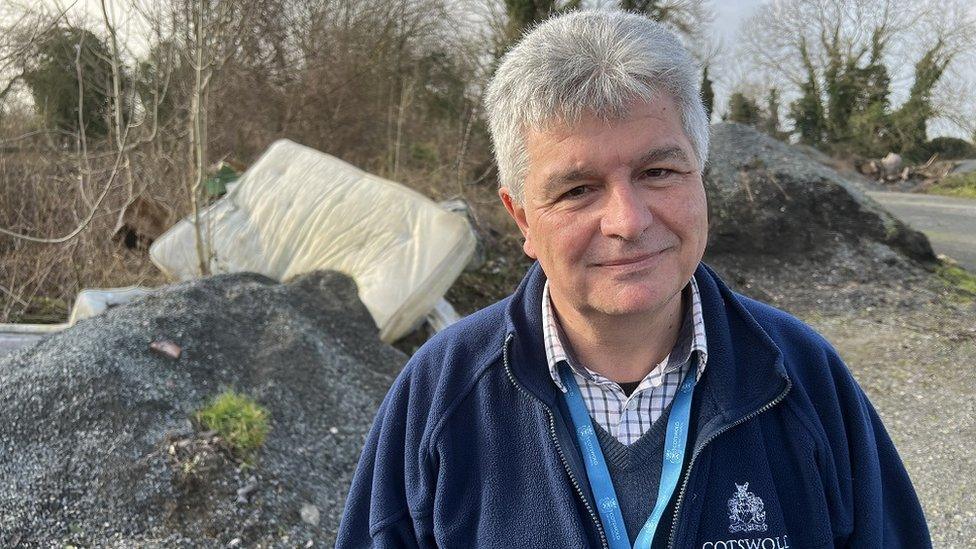'No resources' to probe fly-tipping, says council
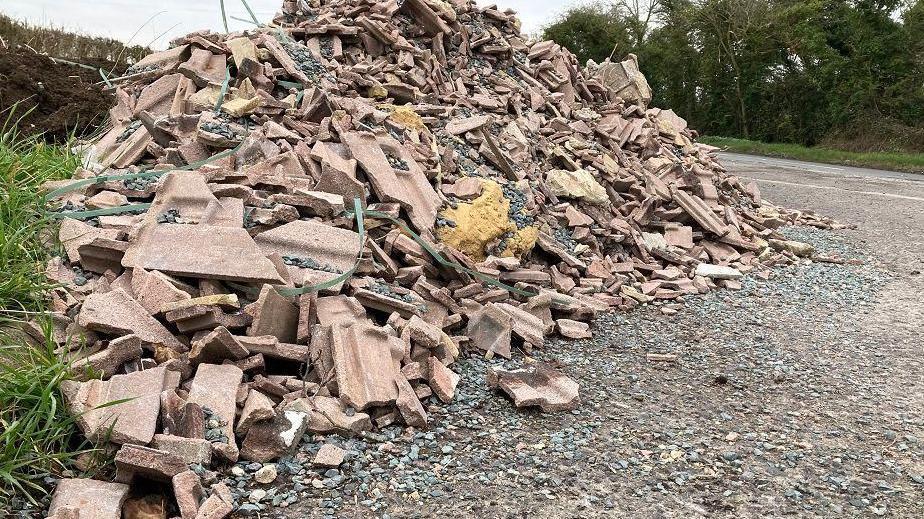
Builders' rubble is a regular form of fly-tipping - this was in a lay-by along the A360 in Wiltshire
- Published
There are not enough resources to properly investigate hundreds of fly tipping incidents, Somerset Council has said.
In some parts of the county there have been no fly-tipping investigations or prosecutions at all over recent years.
Councillor Federica Smith-Roberts, the Liberal Democrat lead member for communities at Somerset Council, said: "We do certainly go out and pick up the fly-tipping, but ultimately investigating it comes down to resources."
One farmer, James Small, said the lack of investigations was "very frustrating". The government said it was "focused on fixing the foundations" of local councils.
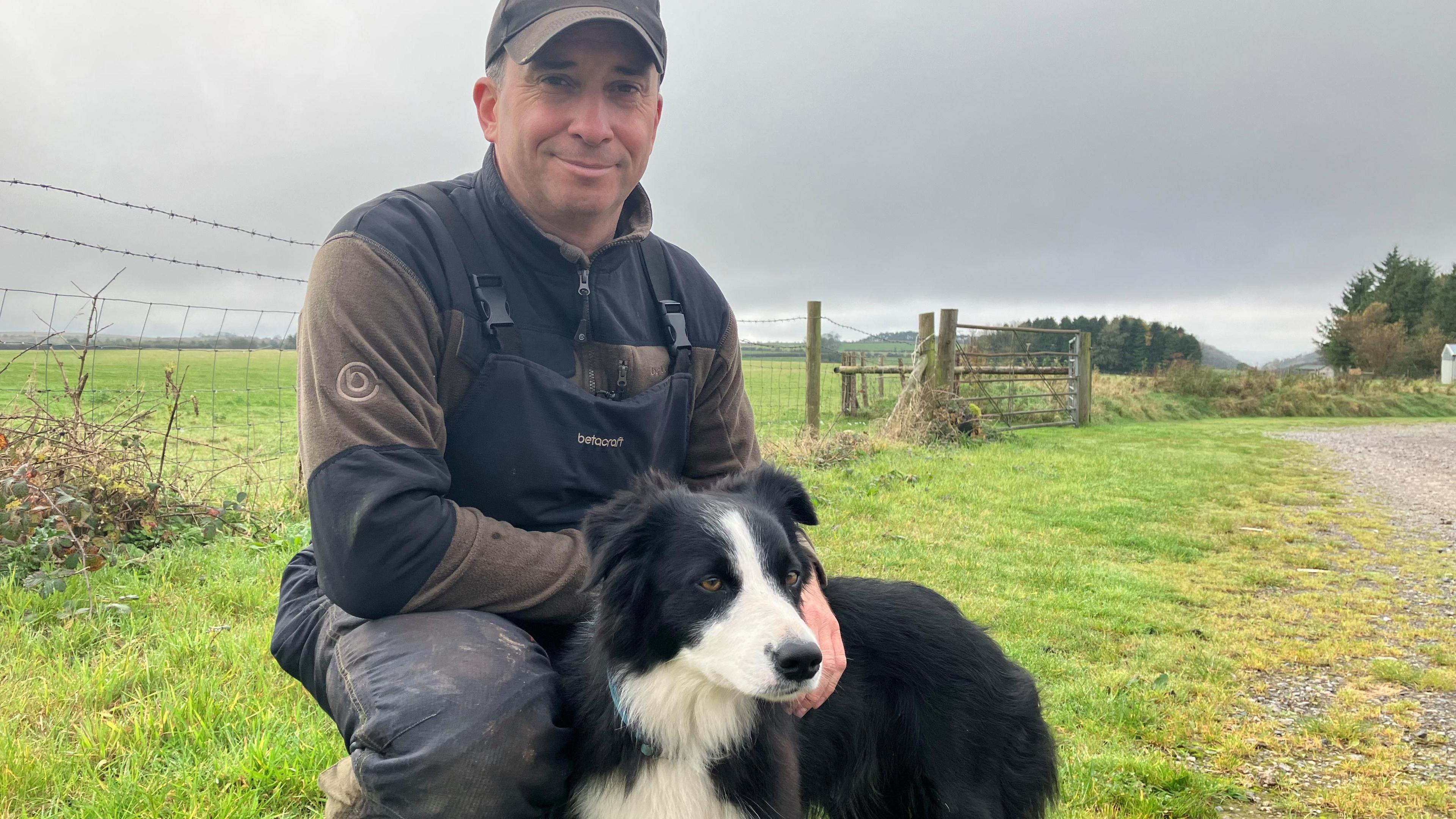
James Small, with his dog Ella, says he finds fly-tipping on his farm near Cheddar Gorge at least three times a year
Meanwhile neighbouring Wiltshire says it is having huge success when it comes to tackling fly-tipping.
But both authorities are asking us all to be more vigilant when it comes to paying others to get rid of our waste.
Mr Small is one of those who bears the brunt of fly-tipping, on his farm above Cheddar Gorge.
He is a third-generation livestock farmer and has seen it all: "We've had car tyres, we've had a fridge, a sofa, garden waste.
"It breeds. If you have one bit of rubbish in a place all of a sudden it's three and then it's four, and the mindset seems to be 'It's ok to put stuff there' and it's not - this is a protected landscape, it's a beautiful area, people want to enjoy it," Mr Small said.
Get in touch
Tell us which stories we should cover in Somerset
Mr Small added it was "very frustrating" that the council isn't always investigating or taking enforcement action.
"It's a crime. If people are going to fly-tip the penalties should reflect the damage that's caused," he said.
Overall in England, there was a 1% decrease in fly-tipping incidents on public land in 2022/23.
However rural parts of the South West saw a "marked" increase during the same period.
Government figures show South Somerset had the highest increase in the area in 2022/23 at 67.5%.
But there was just one piece of enforcement action taken in the South Somerset area in the same time period, a single prosecution, Somerset Council said.
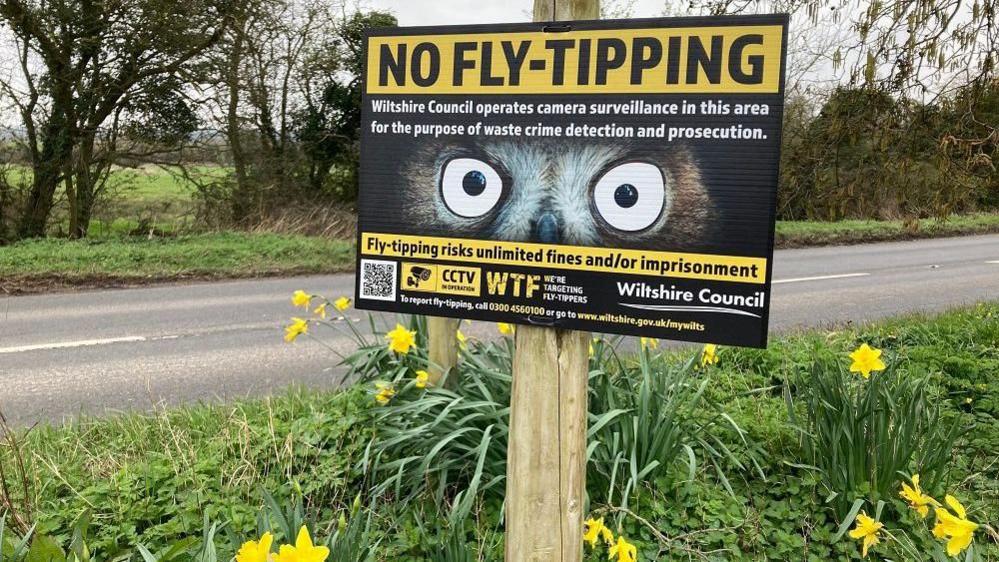
Wiltshire Council has erected signs, like this, and covert CCTV in hotspots
It said it doesn’t have sufficient resources to investigate fly-tipping so while it is clearing up reported fly-tips, often it doesn’t have enough staff to fully investigate the sources and follow that on to enforcement action.
The authority added that it takes a lot of hours to investigate fly-tipping and the same team also looks after things like littering, abandoned cars and illegal traveller encampments so it has to prioritise its work.
Somerset Council was formed in April 2023 from a merger of four district councils, which were responsible for fly-tipping, and the county council. It said there were discrepancies between how the districts worked on fly-tipping with some areas have enforcement officers and others not having them.
Councillor Smith-Roberts said: "We've been very vocal about the challenges we face, local government is under-funded, we hope the budget next week does something for local government in relation to the funding that we receive.
"Ultimately we want individuals to be responsible for their waste, take it to our household waste recycling centres; if they're using someone else make sure they have the right certification; and don't fly-tip because it is a blot on our landscape."
Wiltshire Council is proud of its record in reducing fly-tipping and has been given an award for its 'We're Targeting Fly-tippers' campaign - or 'WTF'.
It also more than doubled the penalties for fly-tipping earlier this year, from £400 to £1,000.
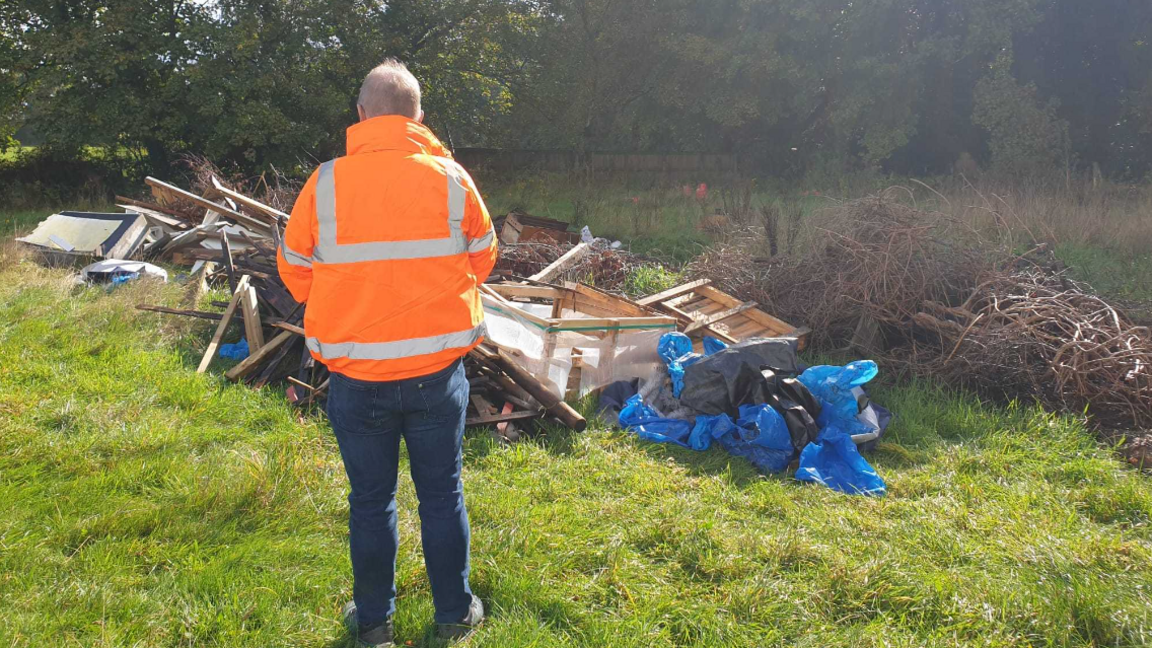
Wiltshire Council says it has invested £450,000 in the last three years on its fly-tipping enforcement service
Councillor Nick Holder, the cabinet member for highways, street scene, and flooding at Wiltshire Council, said: "This isn't a money-making exercise, as all funds raised through fixed penalty notices (FPNs) have to be invested back into the service to catch more fly-tippers."
Fines for householders who hand their waste to rogue traders will also increase from a maximum of £400 to £600.
Earlier this month, Wiltshire Council said four residents had been fined a total of £2,800 in fixed penalty notices for fly-tipping.
Three of these related to rubbish being passed onto someone who claimed they would dispose of it correctly.
The owners of the rubbish were fined for not ensuring the person who took it away was legal.
A Ministry for Housing, Communities & Local Government spokesperson said: “Despite the inheritance we have been left, the government is focused on fixing the foundations of local government by rebuilding the sector from the ground up.
"This includes providing greater stability to areas by moving towards multi-year funding settlements and ending competitive bidding processes for pots of funding.”
Follow BBC Somerset on Facebook, external and X, external. Send your story ideas to us on email or via WhatsApp on 0800 313 4630.
Related topics
- Published17 October 2024
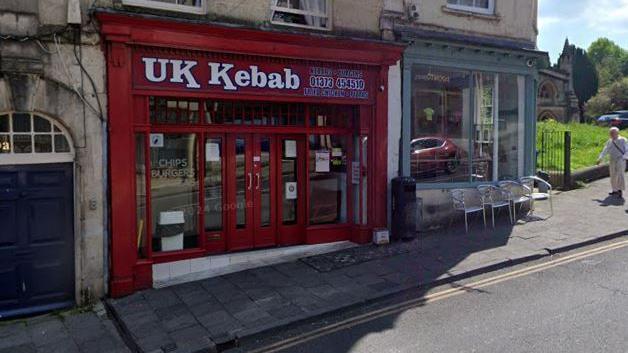
- Published10 October 2024
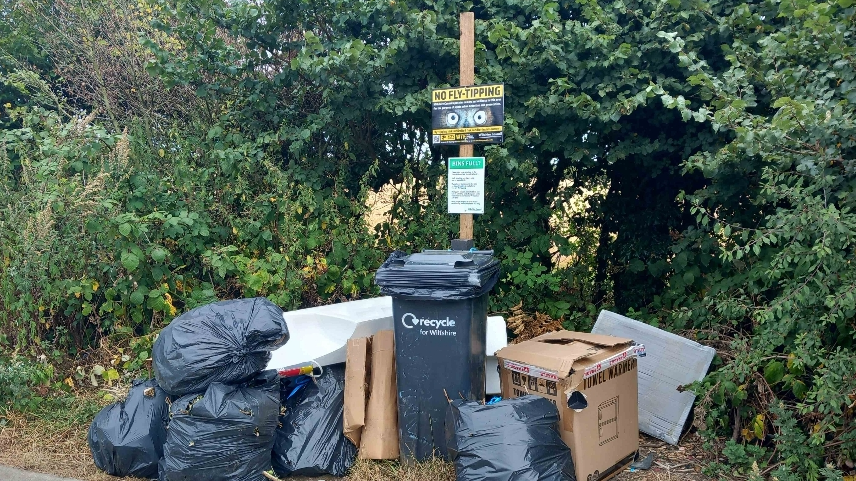
- Published11 September 2024
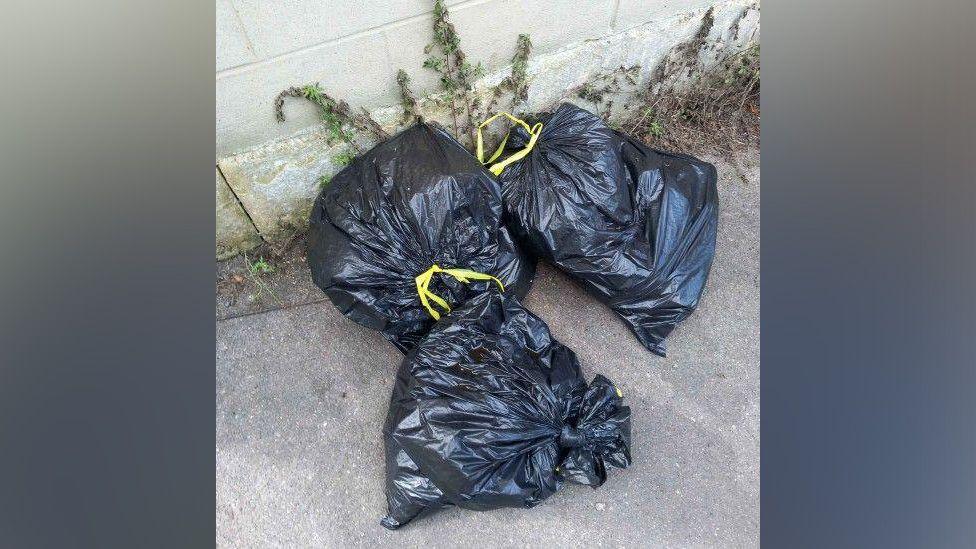
- Published2 April 2024
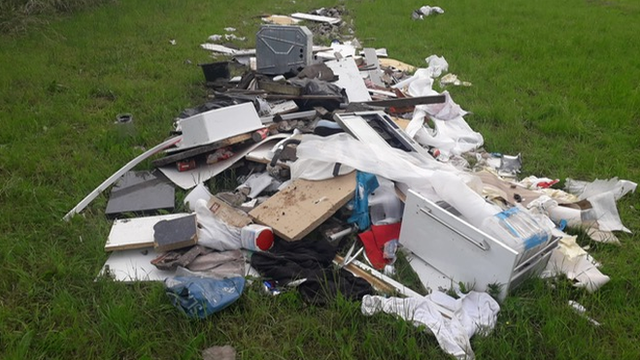
- Published13 March 2024
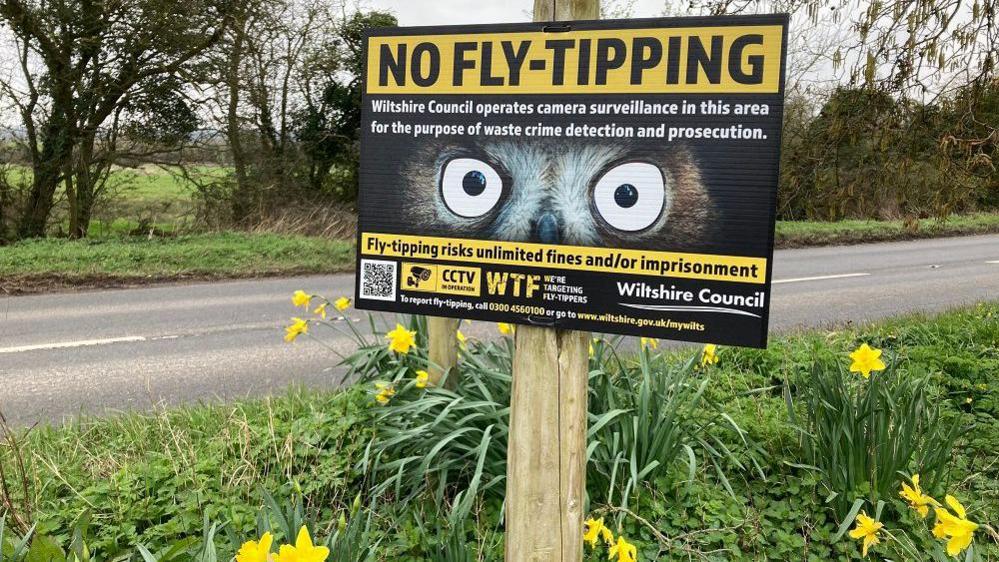
- Published23 April 2024
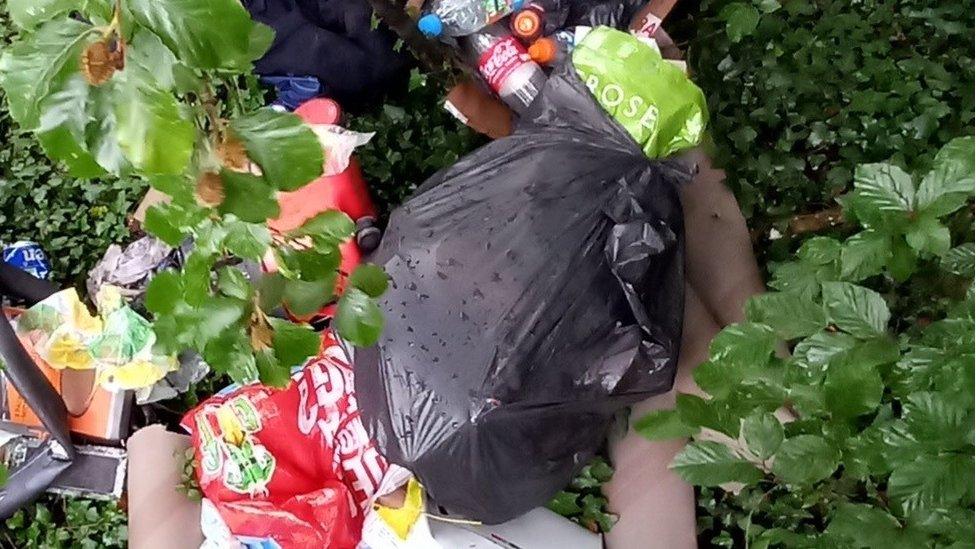
- Published25 January 2024
